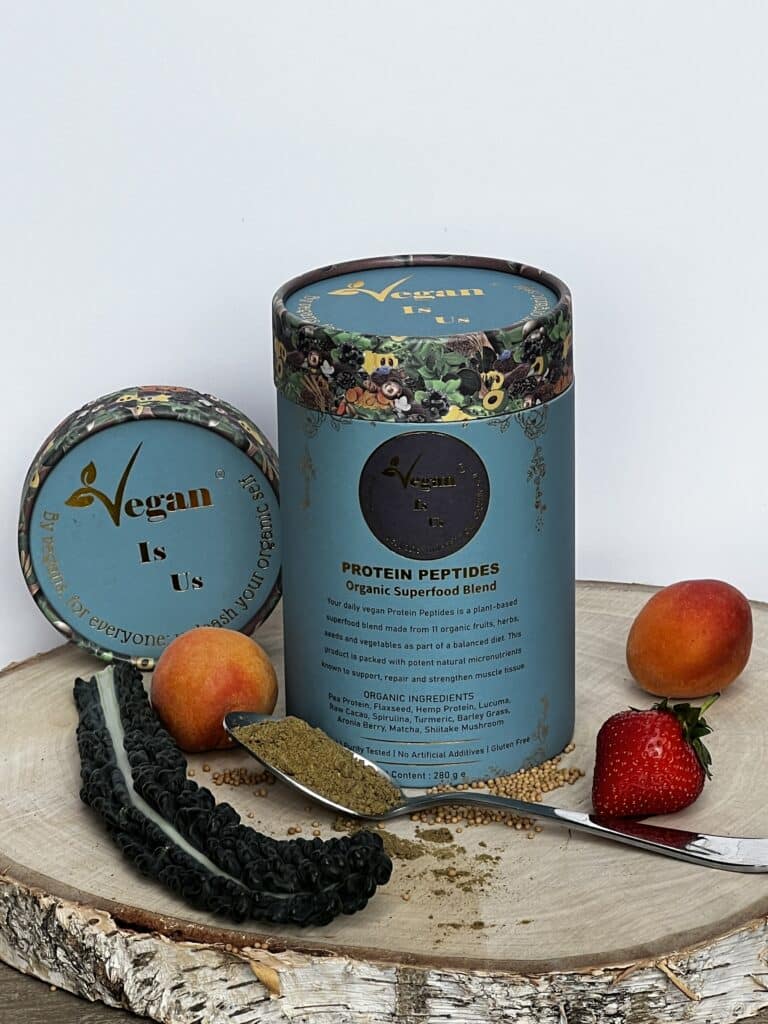Last updated on January 29th, 2025
Understanding Plant-Based Diets
A plant-based diet primarily emphasises the consumption of foods derived from plants. While this term often conjures images of a strict vegan lifestyle, it encompasses a broad spectrum of dietary choices. Fully vegan diets eliminate all animal products, whereas other variations may include occasional consumption of animal-derived foods, such as dairy or fish. This flexibility allows individuals to tailor their dietary practices to suit their nutritional needs and personal preferences. We explore the benefits of plant-based diet in enhancing mental health.
Central to plant-based eating is the rich variety of foods available. Key components include fruits and vegetables, which provide essential vitamins, minerals, and dietary fibre, all of which are crucial for optimal mental and physical health. Whole grains, such as quinoa, brown rice, and oats, also play an important role. These foods are high in complex carbohydrates that can contribute to stable blood sugar levels, influencing mood and cognitive function.
Legumes like beans, pea protein, lentils, and chickpeas are another vital aspect of plant-based diets. They are not only rich in plant-based protein but also packed with nutrients like folate and iron, both of which are essential for brain health. Nuts and seeds, including walnuts, flaxseeds, and chia seeds, contain healthy fats and omega-3 fatty acids, which are linked to reduced symptoms of depression and anxiety.
This array of plant foods also offers a range of antioxidants that help combat oxidative stress, a factor associated with mental health disorders. By integrating a diverse selection of these foods, individuals can ensure they are receiving an array of nutrients that contribute positively to mental well-being, while enhancing their overall dietary enjoyment and satisfaction.
The Psychological Benefits of Plant-Based Eating
Research has increasingly highlighted the positive impacts of plant-based diets on mental well-being. Studies suggest that consuming a diet rich in fruits, vegetables, whole grains, nuts, and seeds can lead to significant improvements in mood and emotional stability. One notable study published in the Journal of Nutrition found that individuals who adhered to a vegetarian or vegan diet reported lower levels of anxiety and depression compared to those following a standard diet. The rich nutrient profile of plant-based foods, which are high in antioxidants, vitamins, and minerals, is believed to play a crucial role in enhancing mental health.
Moreover, the anti-inflammatory properties found in many plant-based foods are linked to mental health improvements as inflammation has been closely associated with mood disorders. For instance, omega-3 fatty acids, commonly found in flaxseeds and walnuts, contribute to improved brain function and emotional regulation. These nutrients may help reduce symptoms of anxiety and depression, making it easier for individuals to manage their emotions effectively.
Testimonials from individuals who have transitioned to plant-based eating provide anecdotal evidence supporting these claims. Many report experiencing an uplift in mood, increased energy levels, and overall enhanced emotional well-being. Additionally, a qualitative study involving participants who followed a plant-based diet indicated that they felt more connected to their food choices, contributing to a sense of empowerment and purpose that positively influenced their mental health.
Thus, the relationship between a plant-based diet and psychological well-being is more than mere correlation; it suggests a potential pathway for enhancing mental health. As research continues to evolve, the evidence supporting the psychological benefits of plant-based eating is becoming increasingly compelling, indicating that diet can play an essential role in mental health management.
Nutritional Components Affecting Mental Health
Scientific studies have highlighted the profound impact that specific nutritional components found in plant-based diets can have on mental health. Among these, omega-3 fatty acids, B vitamins, and antioxidants are particularly noteworthy for their roles in enhancing cognitive function and emotional well-being.
Omega-3 fatty acids, primarily derived from flaxseeds, chia seeds, and walnuts, are essential fats that play a critical role in brain health. Research indicates that these fatty acids may help mitigate symptoms of depression and anxiety. A meta-analysis published in the journal Translational Psychiatry found a significant association between omega-3 intake and improvements in mood disorders. This suggests that incorporating plant-based sources of omega-3s into one’s diet may lead to enhanced emotional stability and cognitive function.
B vitamins, including B6, B12, and folate, are essential for neurotransmitter synthesis and are pivotal in regulating mood and stress responses. For example, a study cited in the Journal of Nutritional Biochemistry revealed that individuals with higher intake of these vitamins experienced lower rates of depression and enhanced mental clarity. Leafy greens, legumes, and whole grains provide an abundant supply of these critical nutrients, supporting optimal brain function and mental health.
Antioxidants, found extensively in fruits, vegetables, and nuts, also contribute significantly to mental well-being. These compounds combat oxidative stress, which has been linked to neurodegenerative diseases and mental health disorders. A systematic review in nutrients discusses how antioxidant-rich diets can correlate with a lower incidence of depression, showcasing the protective benefits of these nutrients for brain health.
In summary, the interplay of omega-3 fatty acids, B vitamins, and antioxidants illustrates the vital connection between nutrition and mental health. By focusing on these components within a plant-based diet, individuals may enhance their cognitive function, emotional stability, and resilience against stress and anxiety.
Practical Tips for Transitioning to a Plant-Based Diet
Transitioning to a plant-based diet can appear daunting; however, with a thoughtful approach, this shift can enhance both your mental health and overall well-being. The first step is to engage in strategic meal planning. Begin by assessing your current eating habits and identifying plant-based alternatives to your favorite meals. Create a weekly meal plan that incorporates various fruits, vegetables, legumes, whole grains, nuts, and seeds. Having a plan in place not only eases the transition but also aids in ensuring that you acquire all essential nutrients that support mental health.
Next, experiment with easy-to-make recipes. Focus on meals that require minimal preparation, such as overnight oats, vegetable stir-fries, or hearty salads. There are numerous resources dedicated to plant-based cooking, including online recipes and cookbooks, which can make the transition enjoyable and inspiring. Try to incorporate foods that you already like; for instance, shifting from dairy cheese to plant-based cheese options can make the transition feel less overwhelming.
Overcoming common challenges is another critical aspect of transitioning to a plant-based diet. It is common to face cravings for familiar animal-based foods, which can lead to discouragement. To manage this, consider gradually reducing your intake rather than eliminating it outright. This gradual change allows your palate to adapt over time. Additionally, joining a local community or online group can provide support and accountability, making the transition smoother.
Lastly, ensure you are consuming a well-balanced array of nutrients. Pay particular attention to protein sources—such as lentils, flaxseed, hemp protein, beans, pea protein, quinoa, and tofu—and nutrients like omega-3 fatty acids, which are beneficial for mental health. Consulting with a healthcare professional or nutritionist can provide personalised guidance and help address any potential deficiencies. By taking these practical steps, you can create a sustainable and enjoyable plant-based lifestyle that supports your mental health.







